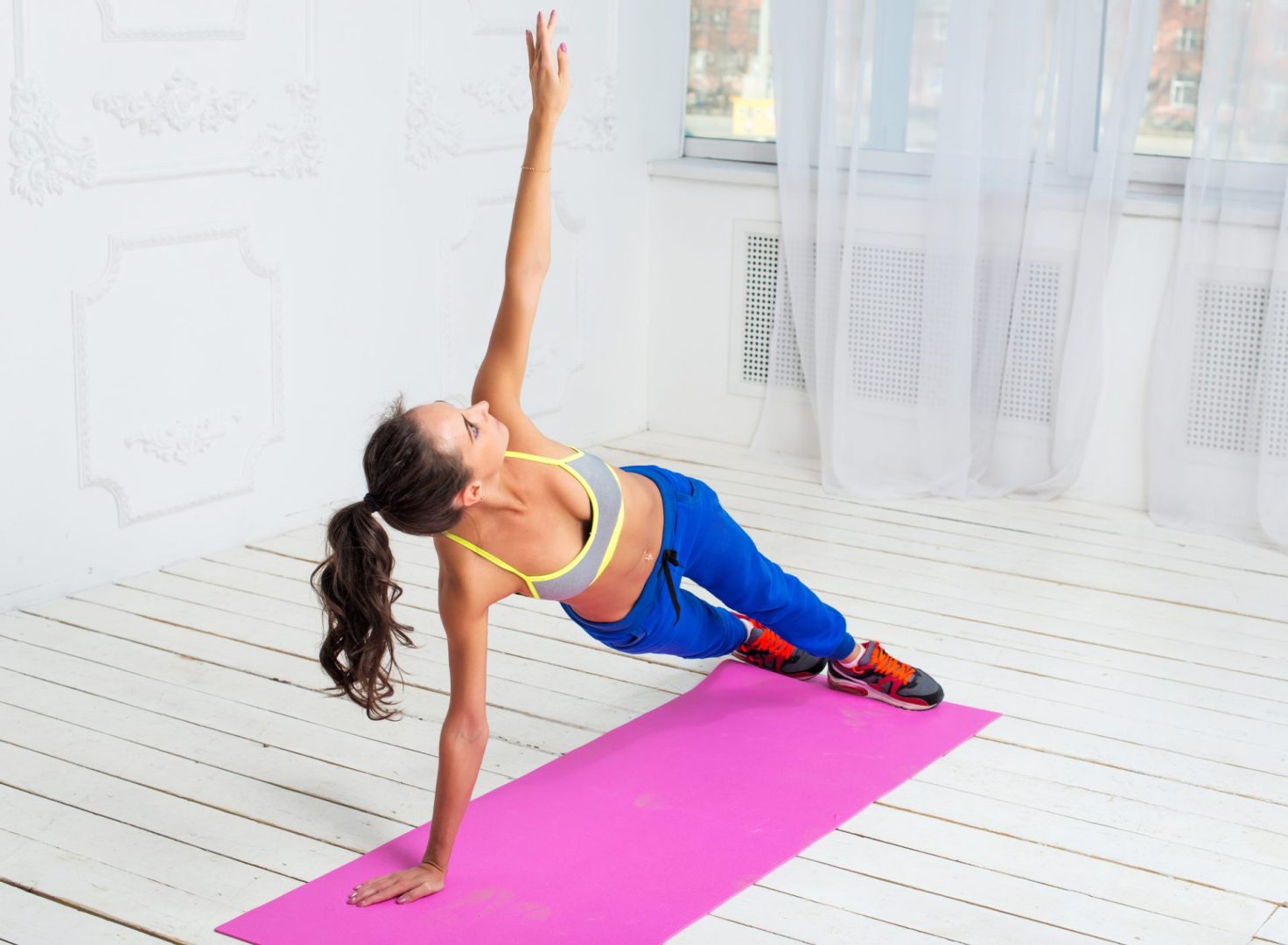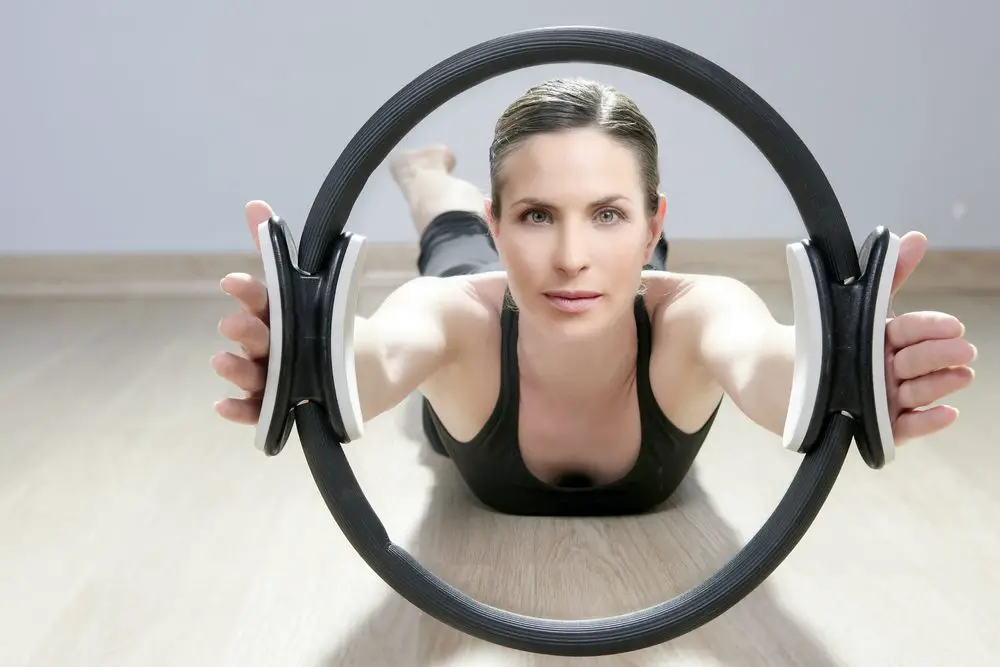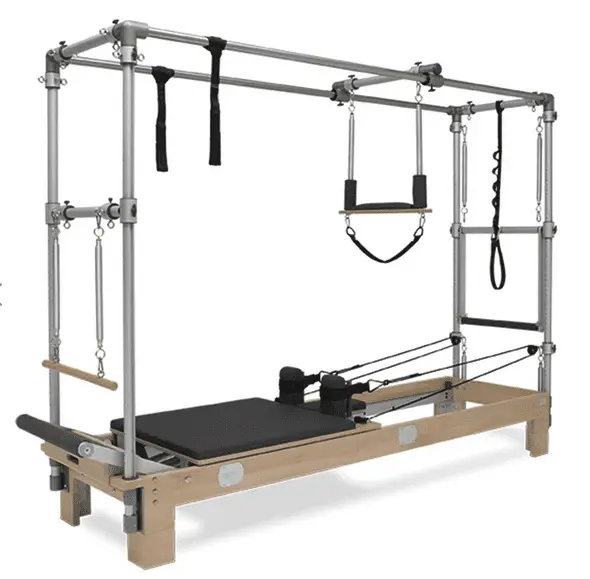Learning
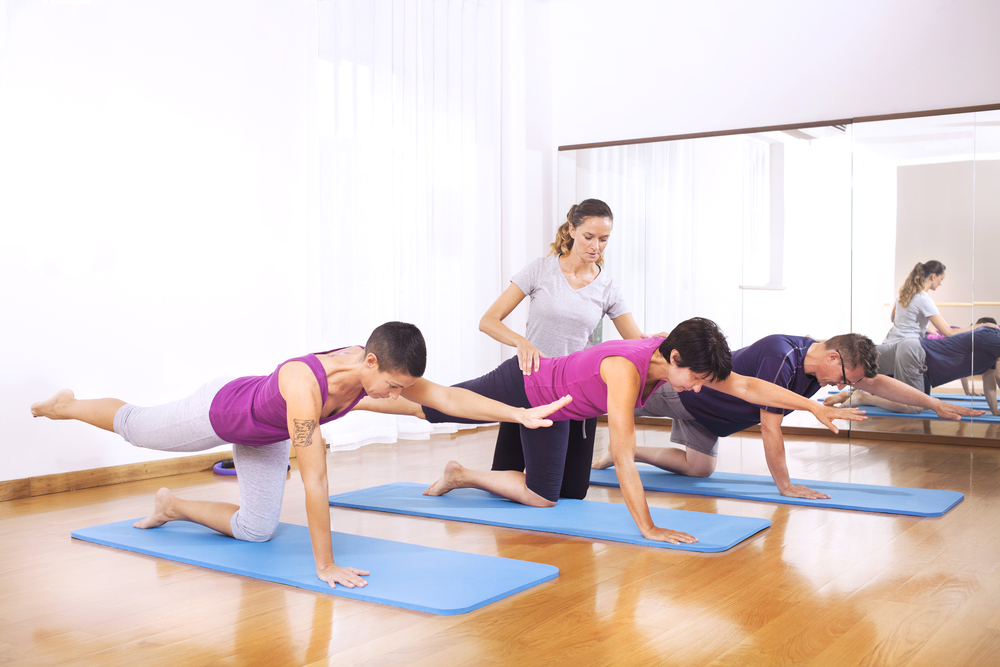
Pilates is a great form of exercise that has rapidly gained popularity and fame over recent years. Many people are regular practitioners of Pilates and find the exercise to be very beneficial and that it suits their needs perfectly.
The benefits of Pilates are undeniable but that doesn’t mean that Pilates is the perfect choice for everyone.
Like any form of exercise, Pilates has a wide range of benefits but it also has some drawbacks. Depending on your personal fitness goals and circumstances, Pilates may not be the best choice for you.
That’s why we’re going to take a look at the pros and cons of Pilates. By introducing the benefits and drawbacks of Pilates in this article, we hope you can decide whether the practice is for you.
The Pros Of Pilates
Let’s begin by looking at the benefits of Pilates. These are all great reasons for beginning your Pilates journey and we hope that they encourage you to consider Pilates as your new exercise regime.
No Expensive Equipment Required
Unlike many other forms of exercise, you can practice Pilates from the comfort of your own home without the need for any equipment other than a gym mat.
There are many instructional videos available on YouTube that can run you through a basic Pilates practice as well.
Even as you become more familiar with Pilates and decide to introduce some equipment into your practice, the only equipment you need is relatively cheap.
You don’t need any big or expensive machines as you do with some other exercises and can have a very varied and effective practice with only resistance bands, foam rollers, and a stability ball.
If you do have the budget and the space you can invest in a Pilates reformer or trapeze table, but these are not at all necessary.
Low-Impact Exercise
Pilates is ideal for anyone that is looking for an exercise that is low-impact and won’t put extra strain on their joints and muscles.
As the focus of Pilates is to gently stretch muscles through slow and controlled movements, this doesn’t put your joints under strain and subject them to harsh impacts.
Many other exercises, such as running and interval training are high-impact and can be tough on your knees and ankles.
If you already have problems with your joints and your back, Pilates can even be beneficial. It will help you strengthen your muscles without putting them under undue strain.
Can Decrease Stress And Insomnia
The slower pace of Pilates and the focus on your breathing can lead to a reduction in stress and improve your mental health.
All forms of exercise can be beneficial in these ways, but Pilates is especially effective as the focus on your breathing can help to down-regulate your nervous system.
When this occurs, your cortisol levels can decrease and this will result in you feeling more relaxed and less stressed.
There are also studies that have shown that Pilates can improve your sleep. Again, any form of exercise can help with this but Pilates is especially effective.
Improves Your Flexibility, Posture, Balance, And Core Strength
Pilates is great for strengthening your core. So many of the basic Pilates exercises focus on your abdominal muscles as well as the muscles in your pelvis, hips, butt, and back.
Having a strong core is at the center of so many other exercises so it is imperative that any exercise you do is effective at strengthening this.
In fact, many studies and anecdotal evidence suggest that Pilates is better at strengthening your core than more old-fashioned and conventional ab exercises.
As Pilates doesn’t just strengthen your muscles but also stretches them, it is also beneficial for improving your flexibility.
Many of the Pilates exercises require you to hold certain positions and this will increase your posture and balance over time as well.
You will need to hold your arms and legs still and concentrate on their positions which is ideal for improving your posture and balance.
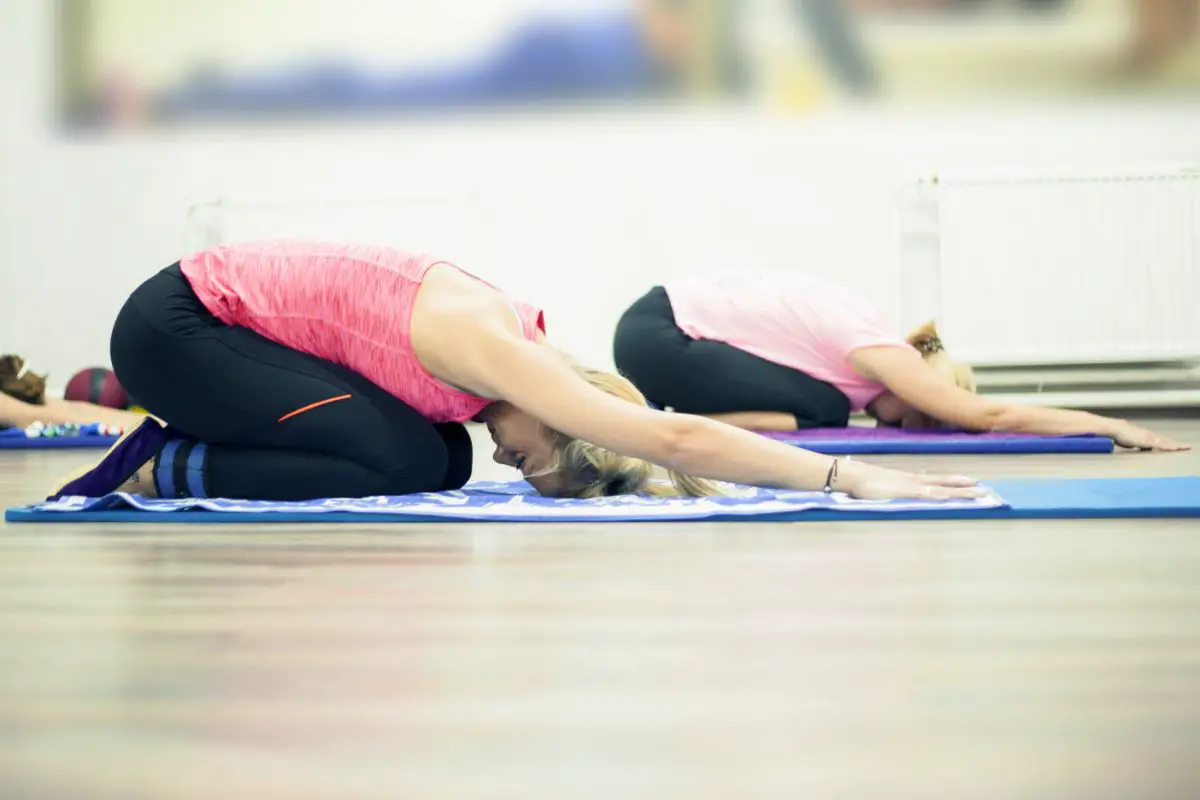
The Cons Of Pilates
As much as we love Pilates, we have to admit that it is not without its drawbacks.
For many Pilates practitioners, these drawbacks are not serious enough to prevent their enjoyment and practice but you will need to judge these drawbacks for yourself.
Not A Cardio Workout
Pilates can make you sweat and increase your heartbeat, but it’s not designed to be a cardio workout.
If you’re looking for an exercise regime that will help you lose weight quickly, then Pilates will not fit the bill. Instead, Pilates encourages a steady and slow weight loss that will take a long time to be effective.
If cardio and fast weight loss are your goals, then exercise such as swimming or running might be more beneficial and effective.
Classes Are Expensive
You can practice Pilates at home with only a gym mat and an instructional video, but this isn’t always the best way to learn the exercise.
Often, classes are the most effective way to learn and improve as you can get feedback from an instructor to improve your form.
However, Pilates classes are known for being expensive to attend and many people cannot afford to regularly attend.
Potential For Injury
Don’t think that just because Pilates is less stressful on your body than some other exercise that it means Pilates is completely safe.
Pilates exercises may be done with slow and controlled movements, but they require you to have the correct posture as you move through the exercises. If your posture is incorrect, you can easily strain your muscles and hurt yourself.
Pilates always requires a large amount of concentration. When moving through the exercises you need to have a high level of focus and concentration to ensure that you are doing them correctly.
It’s not the type of exercise you can do while you’re distracted or likely to be interrupted by family or friends. It needs a dedicated block of time and if you try to squeeze in a practice you will increase the risk of injury.
Results Take Longer To See
Pilates is all about taking things slow. You will move through the exercises and postures slowly and any physical results will also be slow to see.
We mentioned earlier that it will take longer to lose weight through Pilates than some other types of exercise and that is the case with any kind of results.
You won’t suddenly find yourself with toned arms or a flat stomach with Pilates and this can be disheartening for many.
You should consider Pilates to be a long-term, if not lifetime, form of exercise.
There won’t be a rapid improvement and the results will take longer to be noticeable than if you did aerobics or other forms of exercise, but you will eventually see them.
Final Thoughts
In this article, we looked at the pros and cons of Pilates. Although Pilates can be very beneficial for many people, it may not always be the best option for everyone. For some, the cost of lessons and slow results make Pilates the wrong choice.
We hope that the information and advice in this article will help you decide whether Pilates is the right exercise regime for you.
